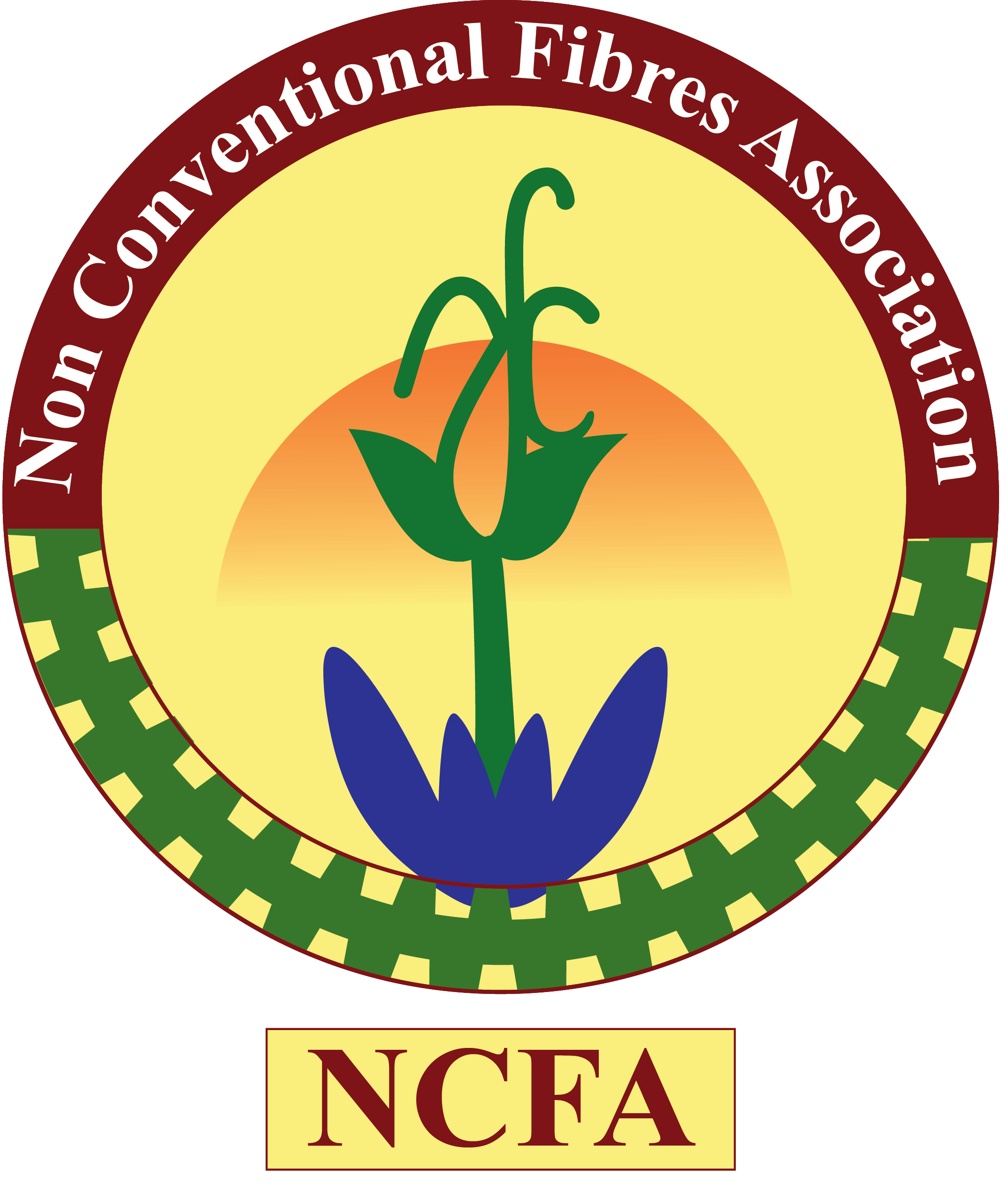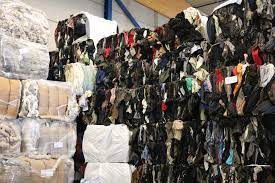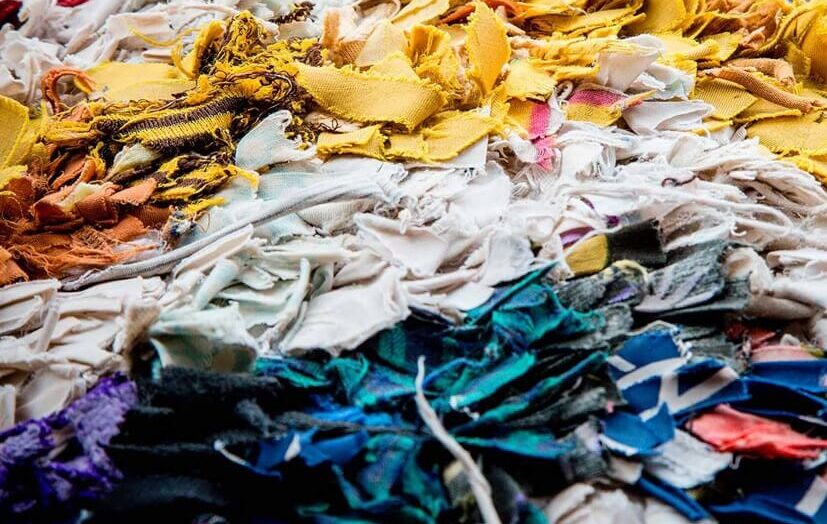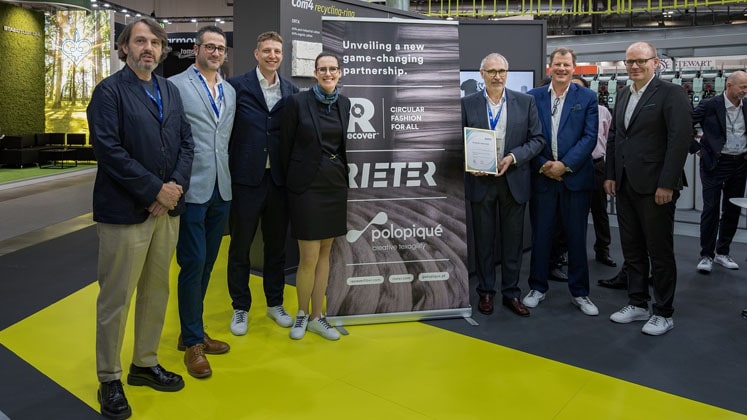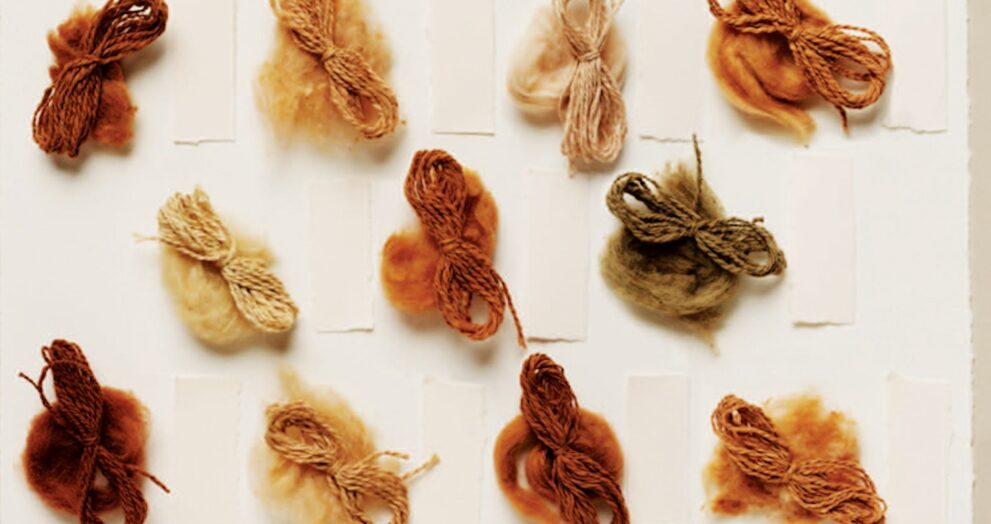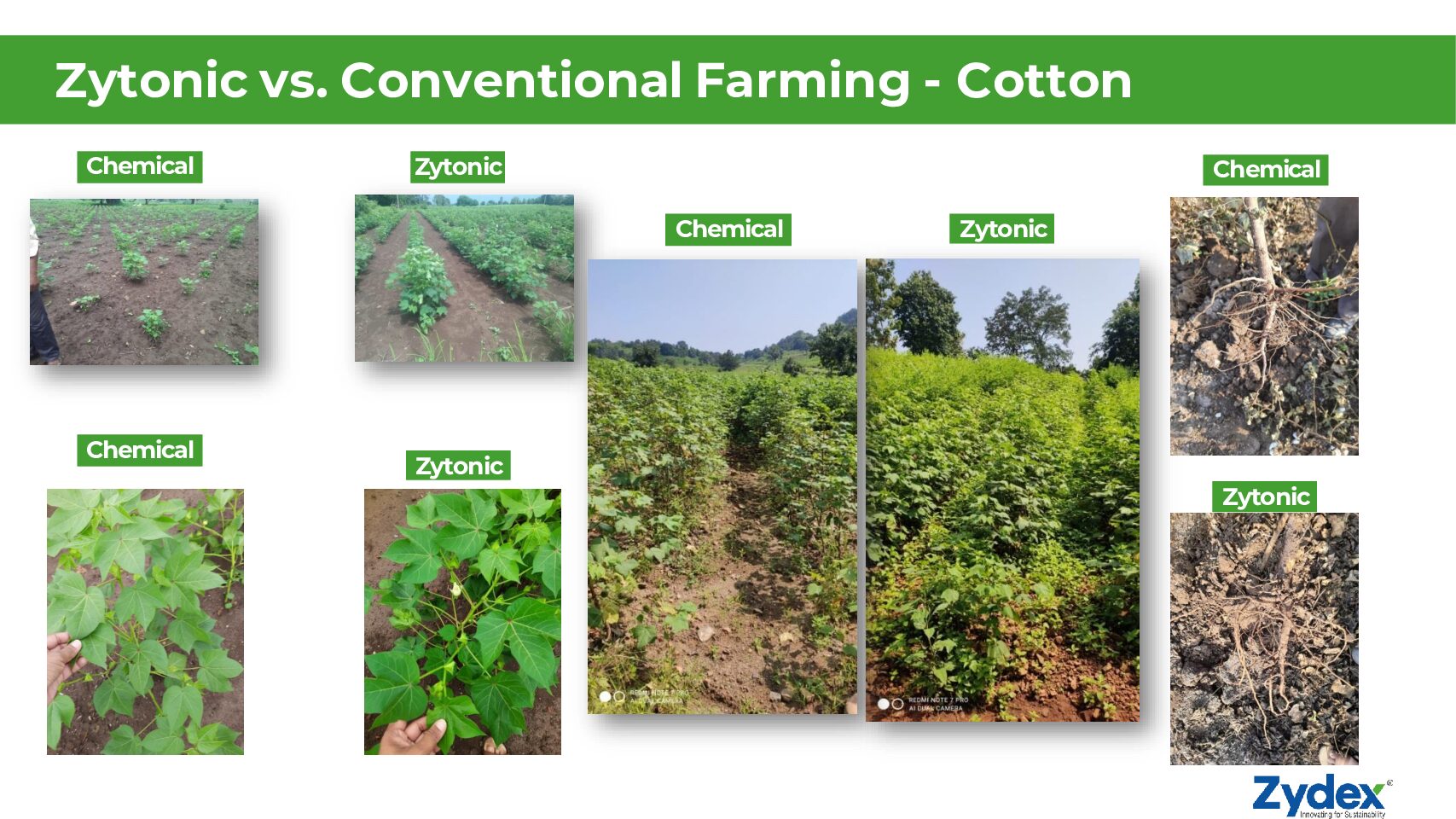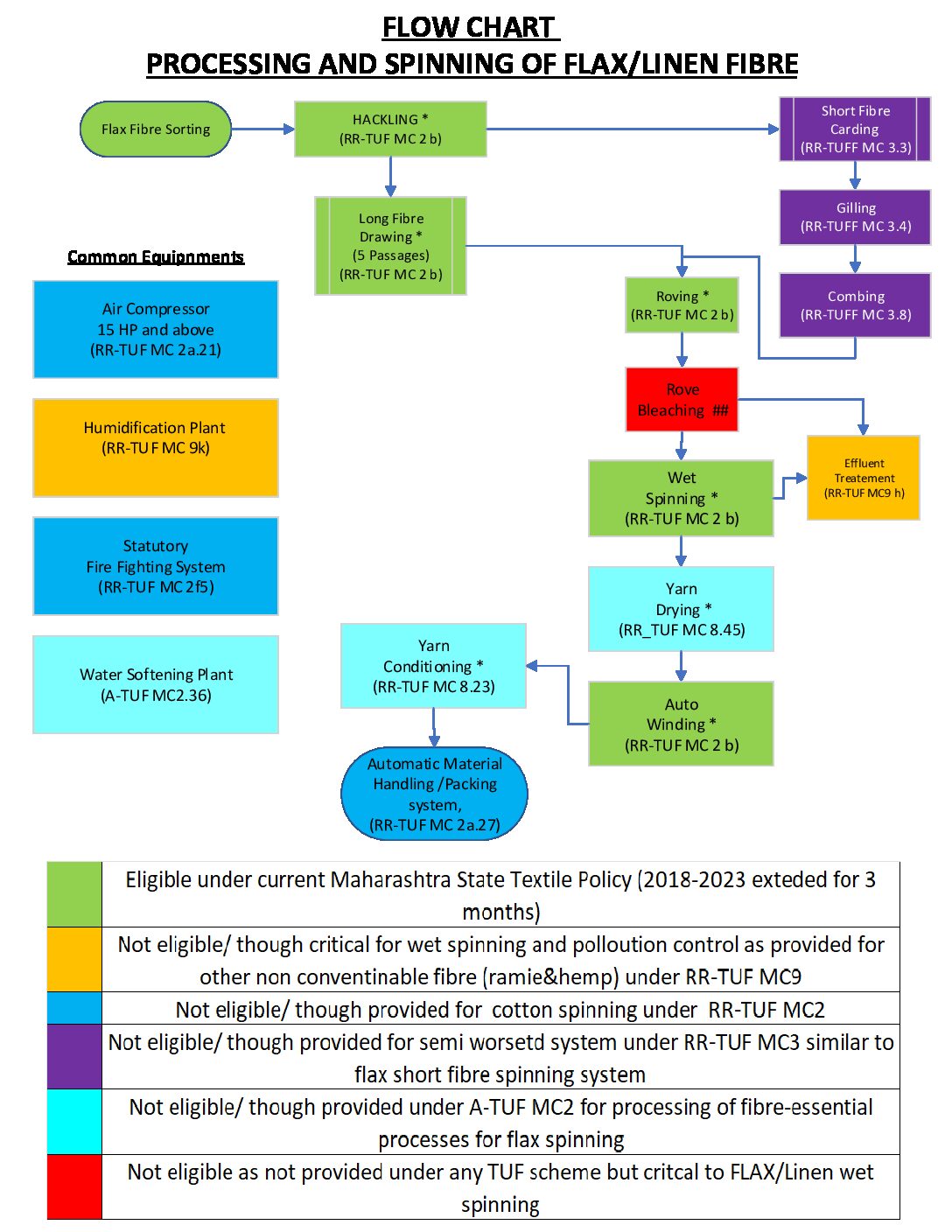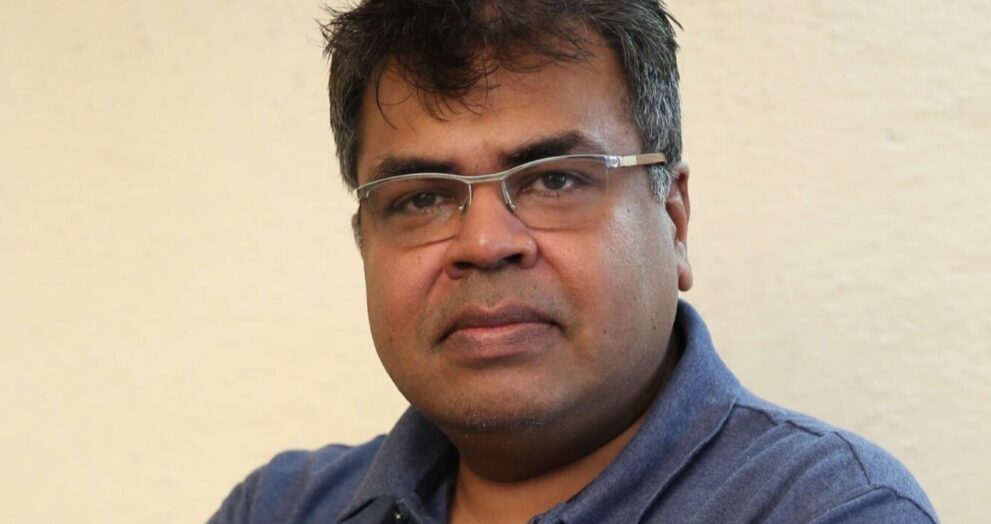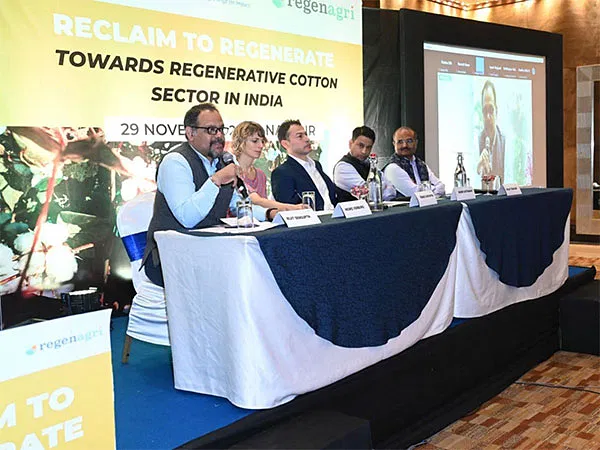EU Life Grants €10m To Lenzing, Södra Recycling Textiles Project
EU Life has awarded record-breaking funding of €10m ($10.9m) to support the scaling up of OnceMore, an innovative industrial-scale system for recycling blended textile waste by fibre solutions firm Lenzing Group and Swedish forest industry group Södra. The ambitious project, OnceMore, is a collaborative effort between Swedish-based Södra and Austria’s Lenzing Group.
